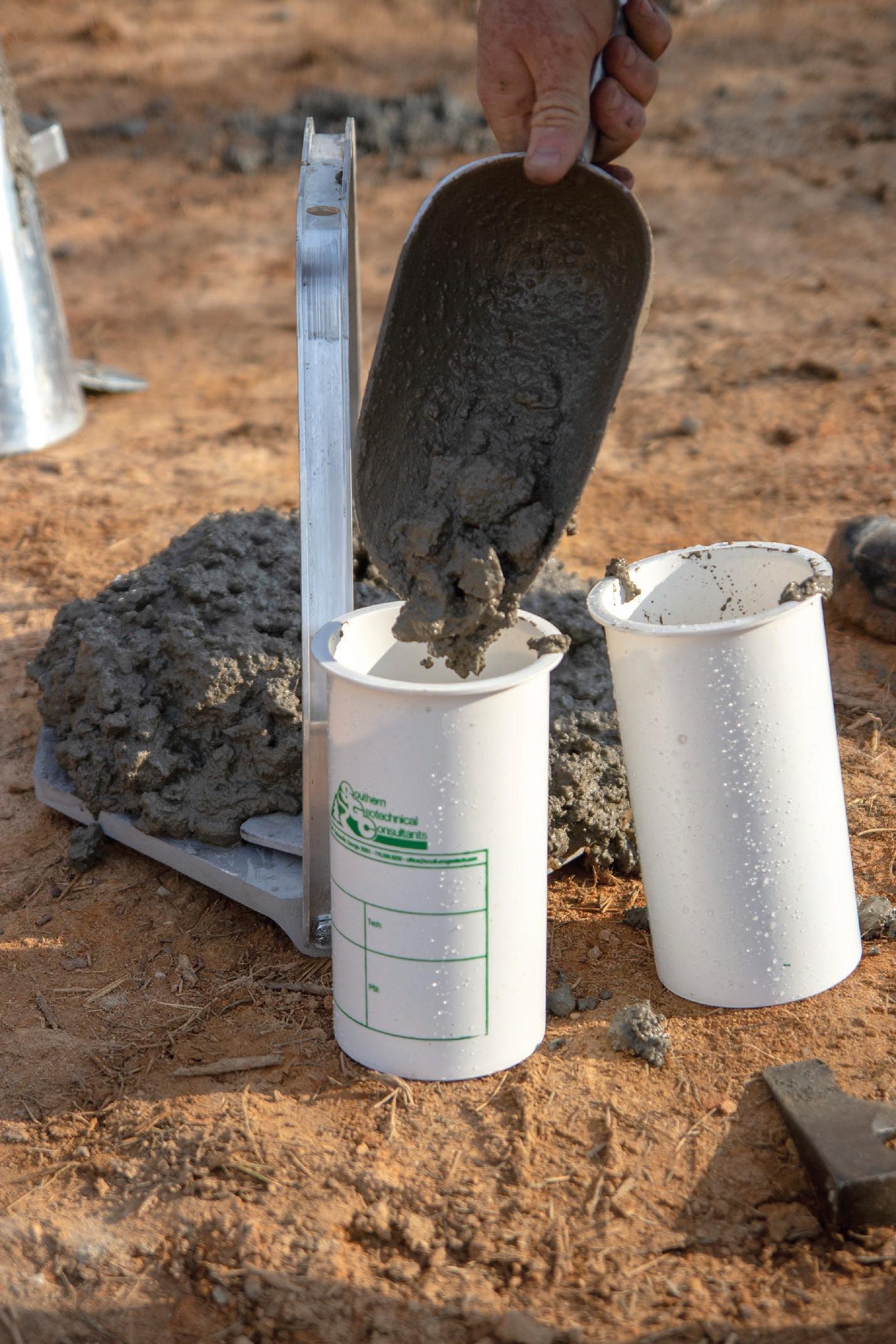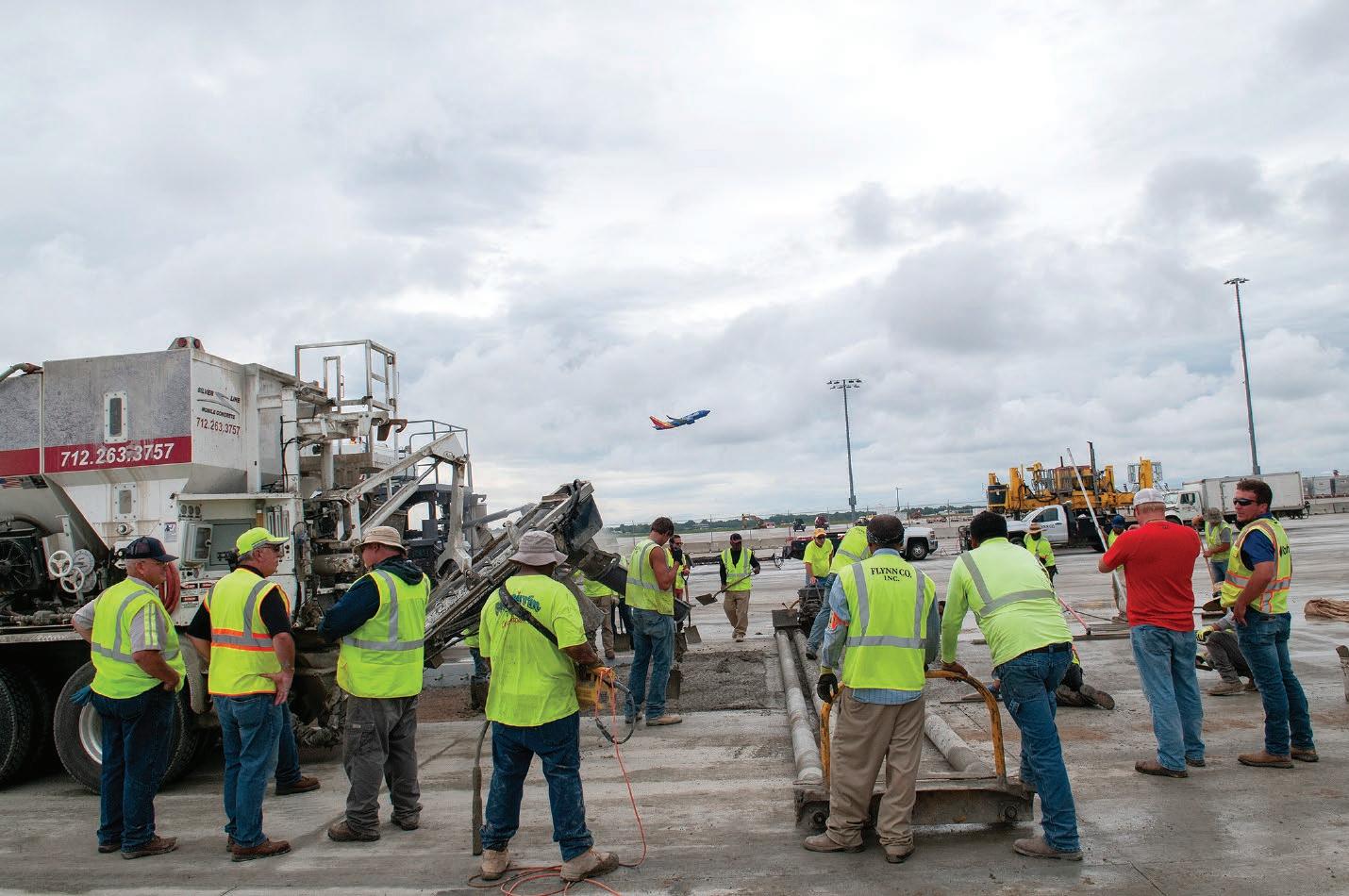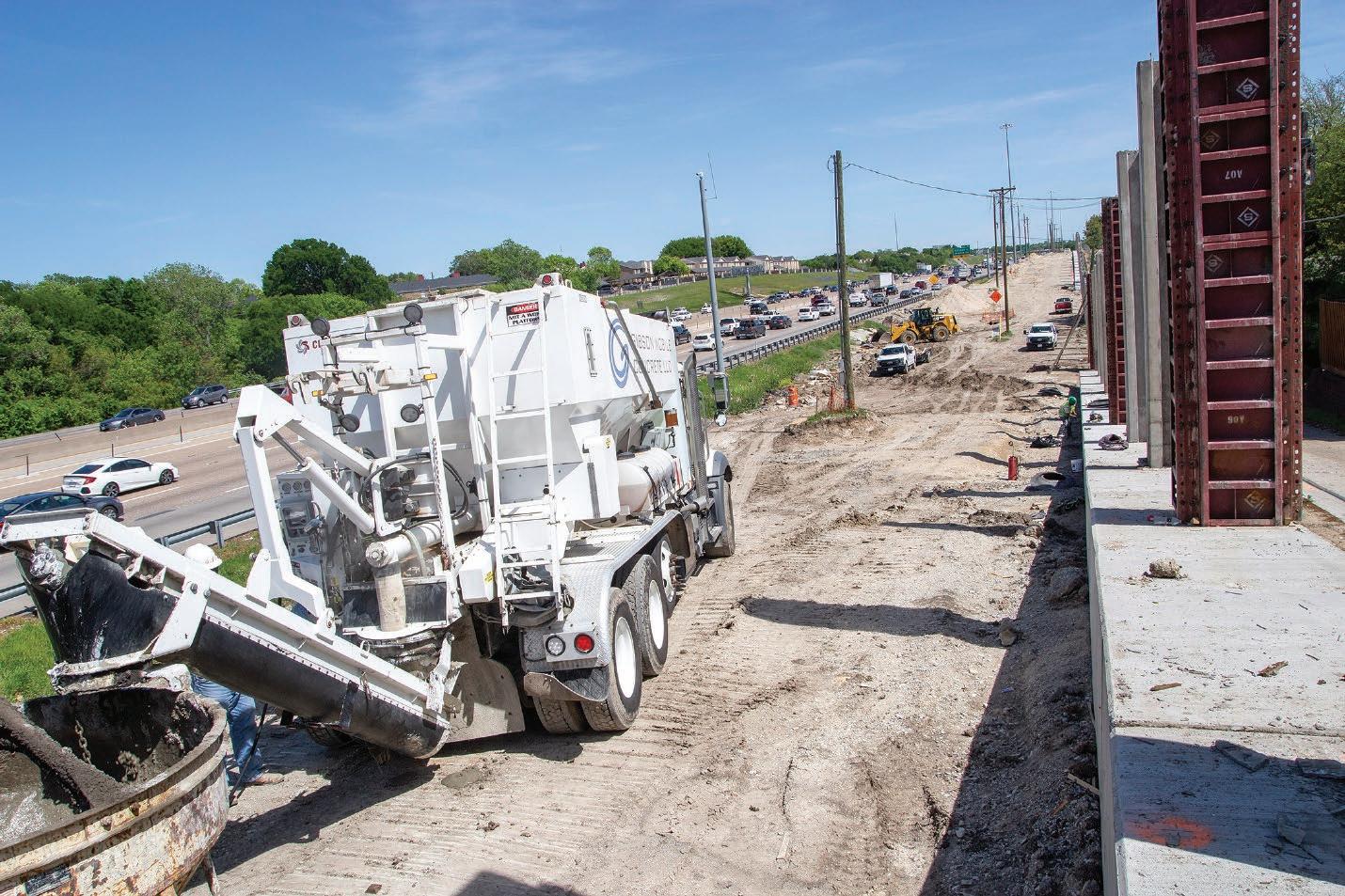
2 minute read
Foreword
Runway surfaces are one of the most crucial parts of a functioning airport. How they perform, how quickly they can be laid and how long they last without maintenance will be key factors in whether an airport can meet the financial, environmental and logistical pressures coming their way over the coming years.
Our first article comes from leading provider of cement solutions CemenTech. They provide an excellent overview of how surfacing technology has evolved over the years and the new technologies coming to the fore.
These processes and technologies will be vital as the aviation sector struggles to cope with an increasingly challenging environment with the fallout from COVID 19. Our second article goes into these challenges in more detail. While the pandemic has had a major impact on revenues and created anxiety throughout the industry, the lockdown does create an opportunity to schedule maintenance at a time when traffic is reduced.
James Butler then turns his attention to developments in runway surface technologies and why these are contributing to the need for mobile solutions. Although the aviation sector has evolved dramatically over the decades, surface composition is still based on methodologies dating back decades. With aircraft becoming heavier and traffic busier, surfaces are coming under strain.
New concrete mixes can be harder wearing and quicker setting, allowing engineers to complete resurfacing projects in a timelier manner. However, due to their characteristics, they often require a different approach to mixing, which allows them to be batched and mixed on the spot.
As Jo Roth goes on to explain, mobile cement plants can open up the use of new surfacing technologies as well as offering a host of benefits to airports, including faster turnaround times and lower waste. All these will be crucial in helping airports maintain sustainable operations now and into the future.
Finally, we look at one of the issues which will become increasingly important for the future of aviation: the environment. The climate emergency has come to the fore in the last few years and the aviation sector, like other industries, has committed itself to ambitious carbon reduction targets. These will have to be achieved while also dramatically increasing capacity. It will be one of the biggest commercial and environmental challenges confronting any sector and, to meet it, airports will have to be innovative.
Mobile cement plants help operators meet all these challenges. They can be faster, use fewer materials and reduce carbon use. For a sector which faces environmental, logistical and financial challenges, thist will be increasingly important for the future.
Tom Cropper Editor
Tom Cropper has produced articles and reports on various aspects of global business over the past 15 years. He has also worked as a copywriter for some of the largest corporations in the world, including ANZ Bank, ING and KPMG.






